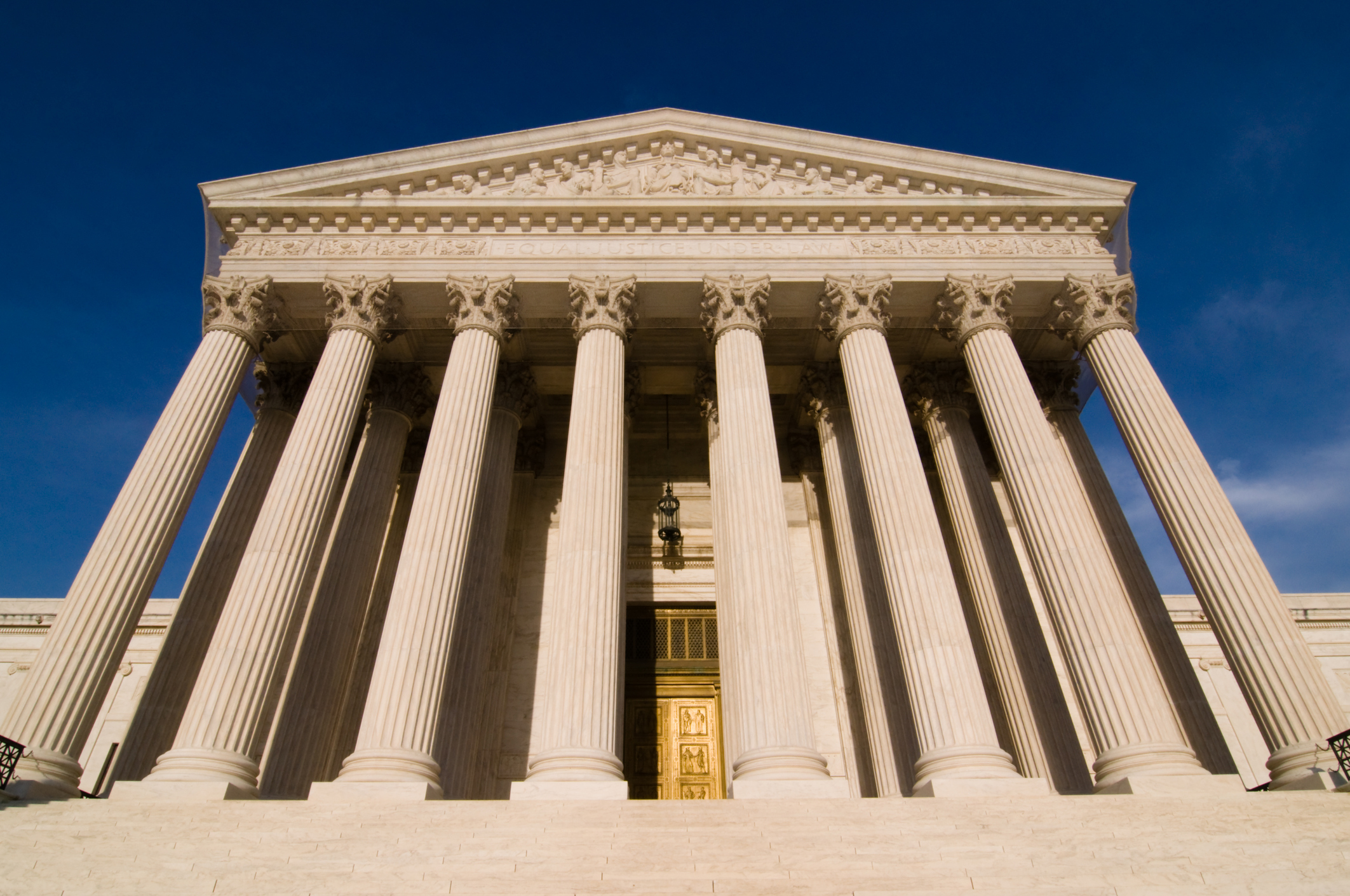“ . . . and justice for all.”
Today, the U.S. Supreme Court upheld that sacred value in its 6-2 decision for the plaintiffs in Students for Fair Admissions, Inc. v. President and Fellows of Harvard College and a 6-3 decision for the plaintiffs in Students for Fair Admissions, Inc. v. University of North Carolina.
Writing for the majority, Chief Justice John Roberts said, “Eliminating racial discrimination means eliminating all of it.” He continued, “Many universities have for too long wrongly concluded that the touchstone of an individual’s identity is not challenges bested, skills built, or lessons learned, but the color of their skin. This Nation’s constitutional history does not tolerate that choice.”
Setting a higher or lower barrier for students of one race or another is as ethically bankrupt a concept as establishing a different criminal code for one race or another. SCOTUS has upheld the principle of equality under the law; it has rejected the dictum of the acolytes of Ibram X. Kendi, who argue that “The only remedy to past discrimination is present discrimination.”
The power structure of DEI offices and race-based admissions (and sometimes faculty hires) has metastasized throughout higher education, trampling upon merit and fairness and spawning a massive and expensive bureaucracy at a time when the cost of higher education has already become unsustainably high.
Harvard, remarkably, admitted early in this case that Asian high school students do not receive a letter from its recruiters unless they score at least 1350 on the combined verbal and quantitative SAT exams; black and Hispanic students hear from recruiters with a score at or above 1100. White students in rural states such as Nevada and Montana need at least a 1310. Harvard’s “personality index,” used to determine the admissions decision, has been a sly, subtle, and arguably discriminatory barrier in the path of Asian students whose academic records and extracurricular activities should have earned them a place at Harvard.
The promotion of a narrowly focused vision of diversity has nearly displaced the pursuit of excellence, corrupting the very soul of the academy. Implementing the good work of pursuing merit, excellence, and fairness will now be the task of the citizens of the academy and the citizens of the nation. We must be ready to do it with fidelity.
